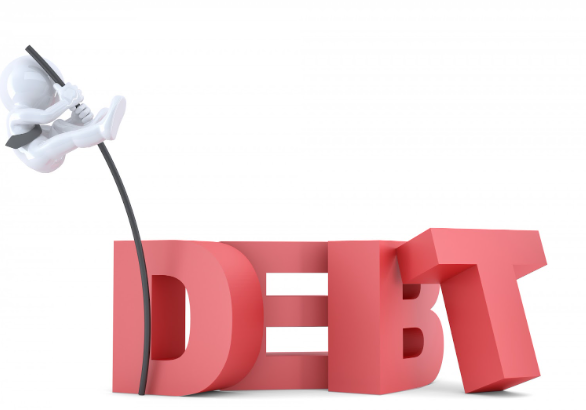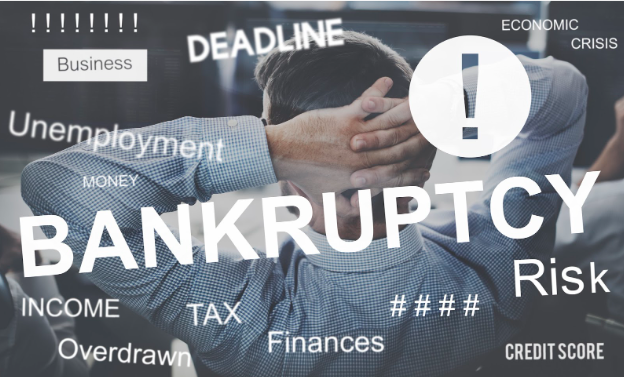
How Your Smartphone is Making You Spend
Think about the last time you left your house without your smartphone. Can you remember? For most of us, our phones are always within arm’s reach, becoming almost an extension of ourselves. We use them to chat with friends, check the latest news, and even manage our daily tasks. But have you ever stopped to think about how much this little device influences your spending habits?
It’s subtle, the way our smartphones nudge us to spend more. Maybe it’s that quick notification about a sale, or just the convenience of having a shopping mall at your fingertips. Each feature on your phone, designed to make life easier, also makes it just as easy to spend your money without a second thought.
In this blog, we’ll look at the connection between our smartphones and our spending.
Ways Smartphones Encourage Spending
Convenience of Mobile Payments
Mobile payments have transformed the way we handle money, making spending as simple as a tap on your smartphone screen. With apps like Apple Pay, Google Wallet, and various banking applications, you can easily make purchases or transfer money without ever touching physical cash or cards. You can also input your credit card details and use them to pay for products and services in seconds. This convenience is undeniable, but it also lowers the psychological barrier to spending. When you don’t see the cash leaving your wallet, you might not feel the impact of your spending as strongly. But you know your money is running out and you may end up being broke long before your next paycheck comes in.
In-App Purchases
Smartphones also nudge us to spend through in-app purchases. These are especially prevalent in mobile games and productivity apps, where you can buy anything from virtual goods to additional features. The design of these apps encourages ongoing spending to enhance the user experience or gain a competitive edge. This method of microtransactions can make it easy to overlook the cumulative cost, as spending small amounts frequently doesn’t feel like anything serious. However, over time, these little purchases can add up to a significant amount of money.
Targeted Ads
Social media platforms and apps collect information about your browsing habits, interests, and even location. This data allows them to show you ads that are tailor-made to your preferences and behaviors, increasing the likelihood that you’ll be interested in the products displayed. This kind of personalized advertising can be very effective, leading you to spend more often as you see ads for items that seem perfectly suited to your tastes and needs.
Effects of Smartphones on Spending
The Fear of Missing Out (FOMO)
Smartphones intensify the Fear of Missing Out. Social media apps are a hotspot for this effect, as they constantly bombard users with updates and images of others enjoying new experiences or products. When you see friends and influencers showing off their latest purchases, it can trigger a sense of envy and the desire to keep up. This often results in impulsive buying decisions, where you spend money to partake in the latest trends or experiences, just to feel included.
Instant Gratification

With just a few clicks, you can order food, buy clothes, or stream the latest movies. This can encourage a habit of impulsive spending. The ease with which purchases can be made on smartphones means there’s little time to consider the necessity of what you want to pay for.
Digital Disconnection from Cash
Using digital forms of payment through smartphones often leads to a disconnection from the physical act of spending cash. When you use apps for transactions, the money feels more abstract than real. This disconnection can diminish the pain of parting with hard-earned cash, making it easier to spend more than you might if you were handing over paper bills. Without seeing the money leave your wallet, the psychological impact of spending is reduced, which can lead to less cautious financial behavior and increased spending without a corresponding sense of loss.
How to Mitigate Smartphone Spending
Monitoring App Use
One effective strategy to control spending triggered by smartphones is to monitor your app usage. Many smartphones now come with built-in tools that track how much time you spend on each app. By reviewing these statistics, you can identify which apps tempt you to spend the most, whether through shopping, in-app purchases, or other services. Once you know your spending triggers, you can set limits on these apps. Some tools allow you to restrict your usage time or block notifications that might encourage spending. Being mindful of your app usage and actively managing it can help curb unnecessary expenses and keep your budget in check.
Setting Spending Alerts
Use the budgeting tools and alerts offered by many banking and financial apps to keep your spending in line. You can set up alerts to notify you when you’re approaching a set spending limit or when a large transaction has been made. These alerts can act as a real-time check, reminding you to pause and reconsider before making further purchases. It also helps maintain awareness of your financial state, which is crucial for effective budget management.
Conscious Effort
Periodically unplugging from your smartphone can reduce impulse spending. Designate times during the day or specific days where you consciously choose to minimize digital consumption. This could mean turning off your mobile data or Wi-Fi during certain hours, or leaving your smartphone behind while you go for a walk or engage in other activities. Conscious unplugging can lead to more thoughtful financial decisions, helping you resist the urge to make impulsive purchases driven by digital prompts.
Conclusion

There are so many things that trigger spending, your smartphone is one of them. However, there’s absolutely nothing wrong with spending, that’s what money is made for after all. What’s more important is that you spend within your means and prioritise your needs over your wants. This way, you will avoid credit card debts, payday loans and other high-interest debts. If you have overwhelming debts, and it feels like the world is resting on your shoulders, there’s help available. Your debt can be reduced by up to 80%, and interest will stop immediately. Our debt experts at EmpireOne Credit are friendly and empathetic. You can be sure that we will assist you and guide you on how to get rid of your debt. Call us at (416) 900-2324 to schedule a free consultation. Being debt-free feels good!





